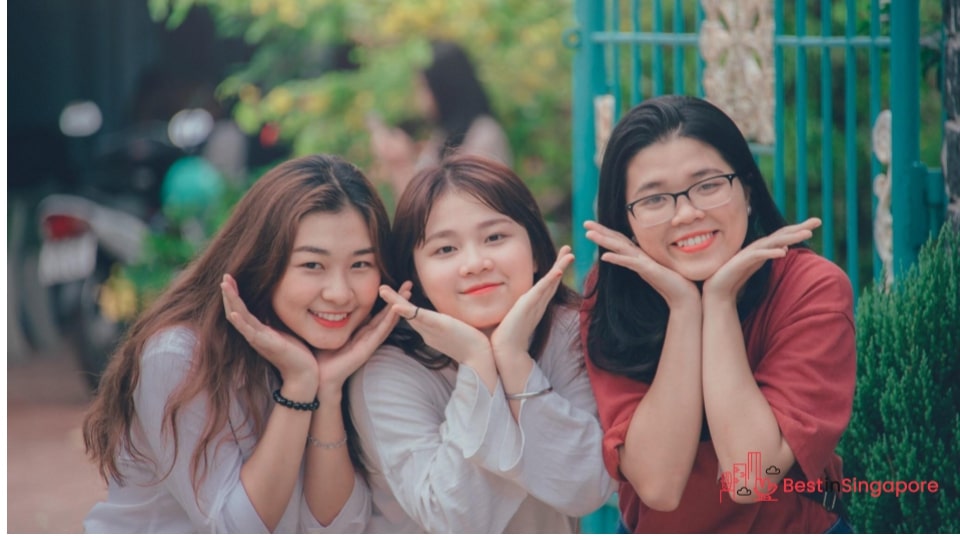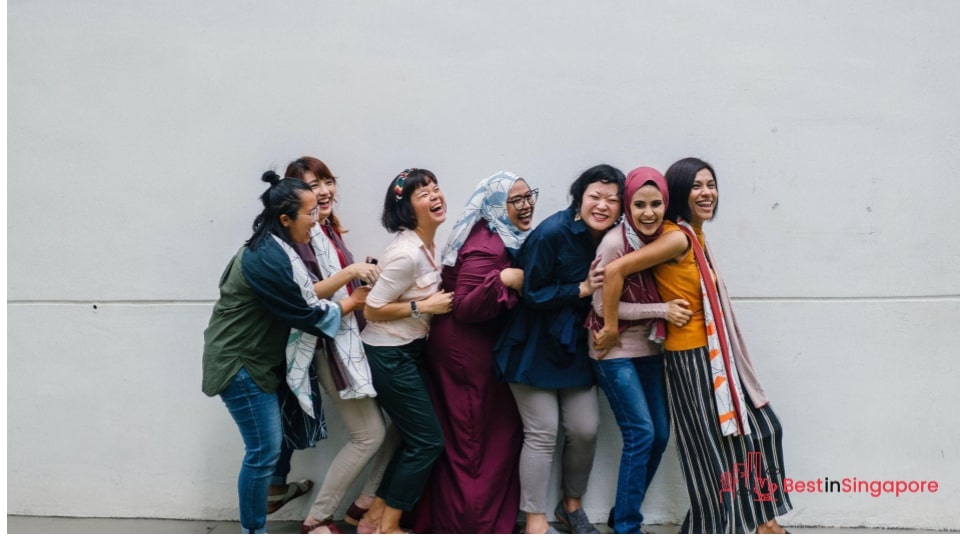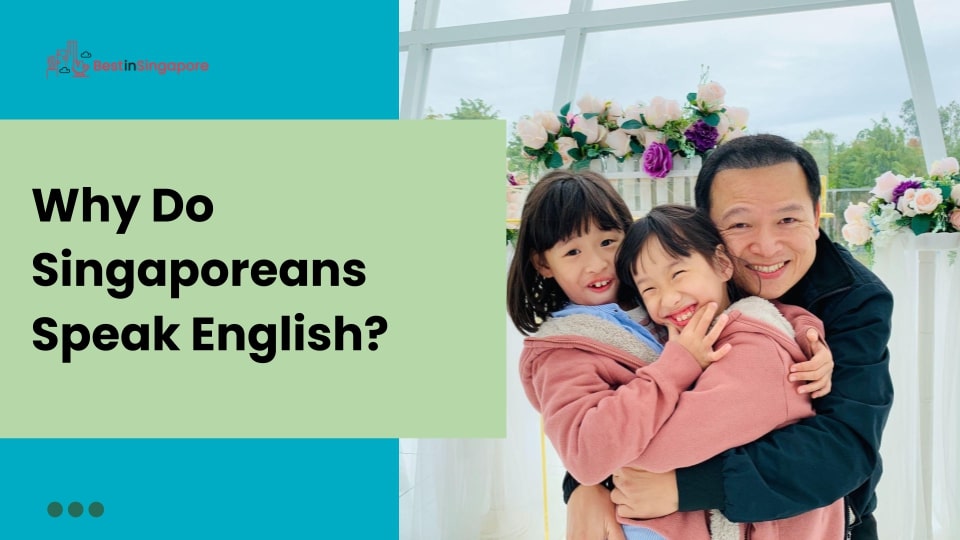Why do Singaporeans speak English?
Is English spoken in Singapore? You bet!
But with all the diverse means of communication used in this cultural melting pot of a nation, why is English one of the languages spoken in Singapore?
Let’s take a look at some of the most common reasons discussed in this post.
There’s a Speak Good English Movement in Singapore

Back in 2000, the Singapore government launched the Speak Good English Movement to make Standard English more popular than Singlish. It used a video series done in a lighthearted manner to help Singaporeans understand grammatical rules.
Standard Singapore English somewhat resembles British English as far as spelling and grammar are concerned. Its roots can be traced back to the 19th and early 20th centuries when Eurasians began teaching at English-medium schools.
Today, it’s taught not just in international schools in Singapore but in public and private schools, as well. It also became Singapore’s administrative language.
English is considered Singapore’s “working language”

It’s rare to attend a corporate event in Singapore and not have English be the language used by the host, speakers, presenters, and participants. That’s because English is also Singapore’s “working language.”
It was officially adopted after Singapore gained independence in 1965 to bridge communication gaps between different ethnicities.
The Singapore government also recognised its role in helping the country’s economy prosper within a multicultural community.
Today, it’s used by business consultants and investors to communicate. English is also what you’d typically hear in office spaces among colleagues and partners.
Most educated Singaporeans use English as their first language

The level of English fluency depends a lot on a Singaporean’s educational background. However, most educated Singaporeans speak it well enough to greet someone and have full conversations in English.
But there’s also colloquial English, better known as Singlish, which is used in more casual settings. It contains borrowed words from Mandarin, Malay, and others, mixed with English phrases.
While some people feel that Singlish isn’t endorsed by the government for a good reason, others argue that it’s a good representation of the Singaporean identity.
It’s convenient while allowing the speaker a full range of expressions from delight to disgust.
So if you want to express yourself like a local, we published some useful and helpful Singlish phrases for you to try!
Most Singaporean children grow up bilingual

Because it’s the de facto language of most school curricula, English has become the first language of most bilingual Singaporean kids.
Singapore uses an English-based educational system as the main medium of instruction. The system also practices bilingualism, as students are taught a second mother tongue.
Being taught English at a young age has allowed kids to converse in the language not just in school but also at home and on playgrounds with their friends. Some may not speak English at home but use it as their dominant language elsewhere.
And though English is Singapore’s main language, there are three other official ones. These are Chinese, Malay, and Tamil.


